TikTok, the popular short-form video-sharing app that has created celebrities out of students and housewives, has been at the centre of controversy in recent years.
While the app has been a hit among young people, it has also faced accusations of privacy violations and concerns over its alleged ties to the Chinese government.
As a result, several countries around the world have banned or restricted the app.
India was the first country to ban TikTok in June 2020, citing concerns over national security and data privacy.
The move was seen as part of a broader crackdown on Chinese apps and companies amid rising tensions between the two countries.
The ban left TikTok’s parent company, ByteDance, reeling as India had been its largest market, with over 200 million users.
In July 2020, the United States also considered banning TikTok, citing similar concerns over national security and data privacy.
The Trump administration threatened to ban the app unless it was sold to a US company, citing concerns that the app could be used by the Chinese government to spy on Americans.
Despite the attempts by the Trump administration to ban the app, in September 2020, a federal judge blocked the ban, stating that it was “arbitrary and capricious”.
However, despite initial resistance, the US government approved an unprecedented ban on the use of TikTok on federal government devices this past December.
As a result, more than half of the states and Congress have banned TikTok from official government devices.
READ MORE: US lawmakers push to ban TikTok on government devices
EU, US, Canada take action
On Monday, the White House widened the ban to include all government agencies, giving federal employees 30 days to remove the app from their work devices.
Meanwhile, the EU’s executive branch said last week it had temporarily banned TikTok from phones used by employees as a cybersecurity measure.
On Tuesday, the European Parliament followed suit, banning staff from installing the app on any phone that had access to email or parliamentary networks.
Also on Tuesday, Canada joined the US and EU in enacting a sweeping ban, preventing TikTok from being installed on all government-issued mobile devices, as western officials take action over the Chinese-owned video-sharing app.
Justin Trudeau, the Canadian Prime Minister, did not rule out further action. “I suspect that as the government takes the significant step of telling all federal employees that they can no longer use TikTok on their work phones, many Canadians from business to private individuals will reflect on the security of their own data and perhaps make choices,” he said.
On March 1, Turkish authorities fined TikTok a total of 1.75 million lira ($93,000) for not taking sufficient measures to protect users from unlawful processing of their data, the Personal Data Protection Board (KVKK) said.
Several other countries have also taken action against TikTok. In January 2021, Pakistan banned TikTok for “immoral and indecent” content, while in February 2021, Myanmar banned the app as part of a broader crackdown on social media following a military coup.
In June 2021, Nigeria also banned the app, citing concerns over the “use of the platform for activities that are capable of undermining Nigeria’s corporate existence.”
Afghanistan’s Taliban leadership banned TikTok and the game PUBG in September 2022 on the grounds of protecting youths from “being misled.”
In December 2022, Taiwan imposed a public sector ban on TikTok after the FBI warned that TikTok posed a national security risk.
READ MORE: Türkiye penalises TikTok for weak data protection measures
TikTok bans spark debate
The bans on TikTok have sparked debate over the role of social media companies and their responsibility to protect user data and privacy.
Some argue that the bans are necessary to protect national security and prevent foreign governments from accessing sensitive information, while others see the bans as an infringement on free speech.
Despite the bans, TikTok remains one of the most popular social media apps in the world, with over one billion users worldwide.
The app has taken steps to address concerns over privacy and security, including opening a “transparency centre” in the US to allow outside experts to review its policies and practices.
In conclusion, the bans on TikTok reflect growing concerns over privacy and national security in an increasingly connected world. While some countries have chosen to ban the app outright, others have imposed restrictions or called for greater oversight of social media companies.
As the debate over the role of social media in society continues, it remains to be seen how governments and tech companies will balance the competing interests of privacy, security, and free speech.
READ MORE: China’s ByteDance finds employees obtained TikTok data of two journalists




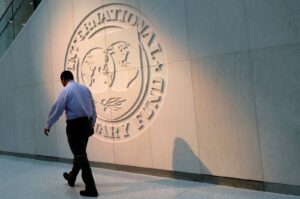
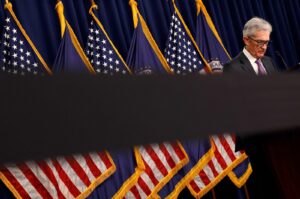
















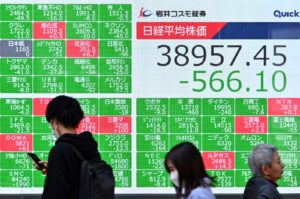


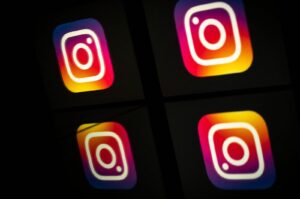
















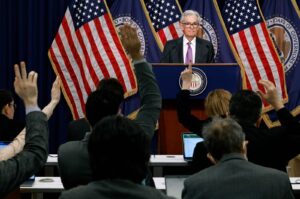

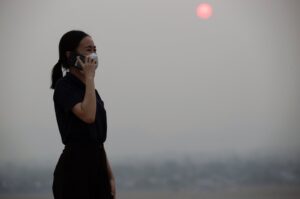



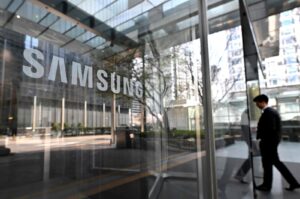

Be First to Comment